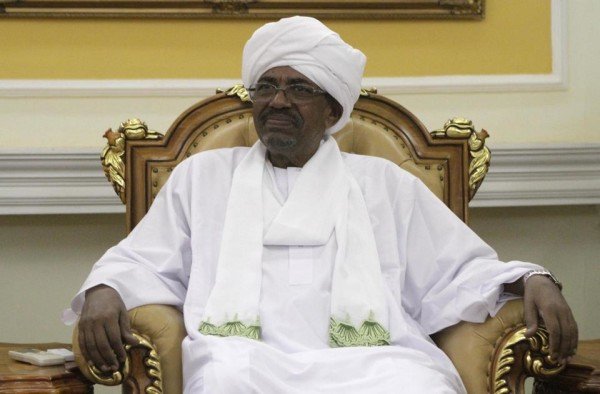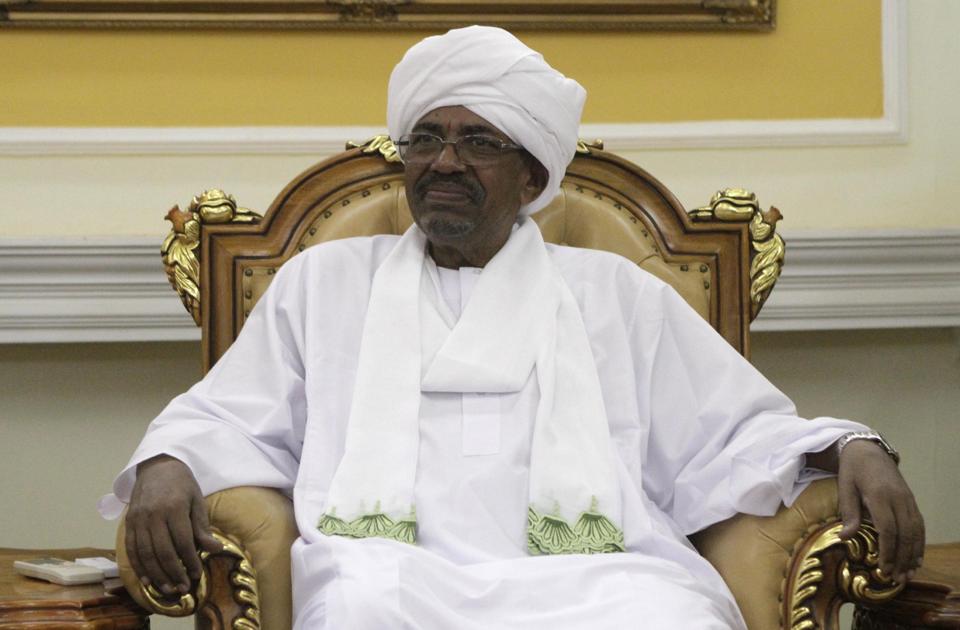Sudan’s President Omar al-Bashir, wanted by the International Criminal Court (ICC) over war crimes charges, left Khartoum on June 13 to travel to South Africa for an African (AU) summit, state news agency SUNA said.
The ICC has called on South Africa to arrest Omar al-Bashir.
Omar al-Bashir is wanted for war crimes over the conflict in Darfur.
An ICC statement said South Africa should “spare no effort” in detaining him.
But instead he was welcomed by South African officials on his arrival in Johannesburg, SABC tweeted.
Since the Sudanese president was indicted by the ICC in 2009 over alleged war crimes and crimes against humanity during the Darfur conflict, his overseas travel has been severely restricted.
Omar al-Bashir was accompanied by the foreign minister and other top Sudanese officials, SUNA reported.
There are tensions between the ICC and the AU, with some on the continent accusing the court of unfairly targeting Africans.
The AU has previously urged the ICC to stop proceedings against sitting leaders.
The warrants against Omar al-Bashir, who denies the allegations, have severely restricted his overseas travel.
He has, however, visited friendly states in Africa and the Middle East.
The ICC has no police force and relies on member states to carry out arrests.
As a signatory to the Rome Statute that established the ICC, South Africa is obliged to arrest Omar al-Bashir if he sets foot in the country, but correspondents say this is unlikely to happen.
The AU has previously refused to co-operate with the ICC, accusing it of bias against African leaders.
Sidiki Kaba, president of the assembly of states to the ICC, expressed “deep concern about the negative consequences for the court” if South Africa refused to comply with its obligations to carry out the arrest.
Human rights organizations and South Africa’s main opposition party have also called for Omar al-Bashir’s arrest.
Darfur has been in conflict since 2003, when rebels took up arms against the government. The UN says more than 300,000 people have died, mostly from disease.
The ICC has ended an investigation into war crimes in the region, but the warrants against Omar al-Bashir remain outstanding. The court accuses him of crimes against humanity, war crimes and genocide.
